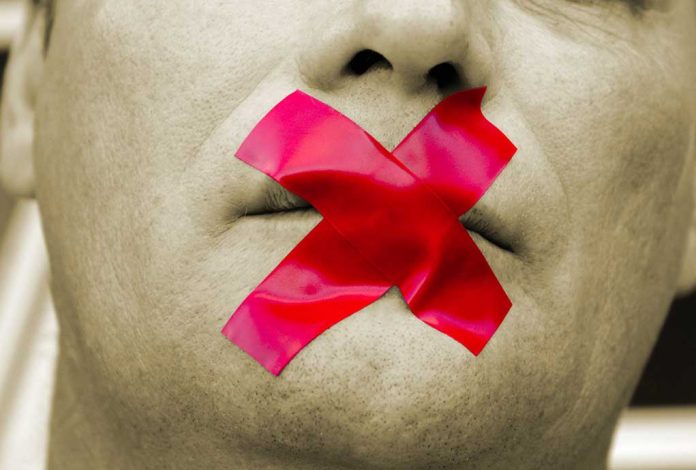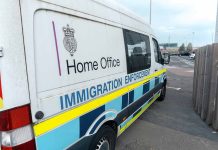
Journalist Ken Klippenstein’s unsettling encounter with the FBI after an Iranian hack report has ignited discussions on press freedom and possible federal intimidation.
At a Glance
- Ken Klippenstein experienced an FBI visit after reporting on an Iranian hack involving former President Trump’s campaign.
- The visit occurred without a legal warrant, raising concerns about intimidation tactics.
- Press freedom, under threat globally, remains vital for democratic health and transparency.
- Surveillance and federal actions against journalists raise alarm over freedoms and privacy.
FBI Visit Raises Concerns
Ken Klippenstein, known for his investigative journalism, found himself at the center of a controversy when the FBI visited his home. This visit occurred following his publication of information allegedly obtained from an Iranian hack targeting Donald Trump’s campaign. Klippenstein detailed the event on Substack, expressing the invasive nature of the encounter, lacking a formal warrant. This incident highlights broader issues surrounding press freedom and potentially suggests federal intimidation of journalists.
Such federal actions against media figures could threaten journalistic integrity and democracy. Underpinning this concern is the pressing need for protection of press freedoms, which have been increasingly endangered worldwide. Irene Khan, UN Special Rapporteur for freedom of expression and opinion, pointedly highlighted, “The decline of media freedom and the rise in threats to the safety of journalists is a worldwide trend, most sharply evident in backsliding democracies.”
Global Erosion of Press Freedom
Reports indicate that press freedom is becoming increasingly fragile globally. Half of the countries examined in the 2023 World Press Freedom Index are now unsafe for journalists. The Israel-Gaza conflict has only exacerbated this, being the deadliest period for journalists since 1992. Government and international bodies need to enact laws and ensure accountability to protect journalists and uphold democratic principles.
Large-scale US surveillance also jeopardizes journalistic freedom, impacting their ability to report issues of public interest. Report author Alex Sinha stated, “The work of journalists and lawyers is central to our democracy. When their work suffers, so do we.” Surveillance has heightened fears of government suppression of leaks, discouraging sources from sharing information.
The FBI visited me over my decision to publish the JD Vance Dossier.https://t.co/q9qBySpMyk
— Ken Klippenstein (@kenklippenstein) October 14, 2024
Safeguarding Journalists’ Role
The scrutiny faced by Klippenstein exemplifies the fine line between necessary security measures and suppressing journalistic pursuit for truth. Governments must maintain transparency with surveillance actions while ensuring journalists can work unimpeded. International support, like the Global Campaign for Media Freedom, aids the safeguarding of press liberties. Ongoing vigilance and legislative commitment are essential to counteract the threats to this fundamental democratic pillar.
While Klippenstein’s encounter is a single instance, it serves as a bellwether for broader issues threatening journalism’s role in upholding democratic governance and accountability. It underscores the imperative for robust dialogue and action on maintaining press freedom in the face of intimidation and surveillance.
Sources:
- Silencing the Truth: The Global Crisis of Press Freedom and Journalist Safety
- US: Surveillance Harming Journalism, Law, Democracy










